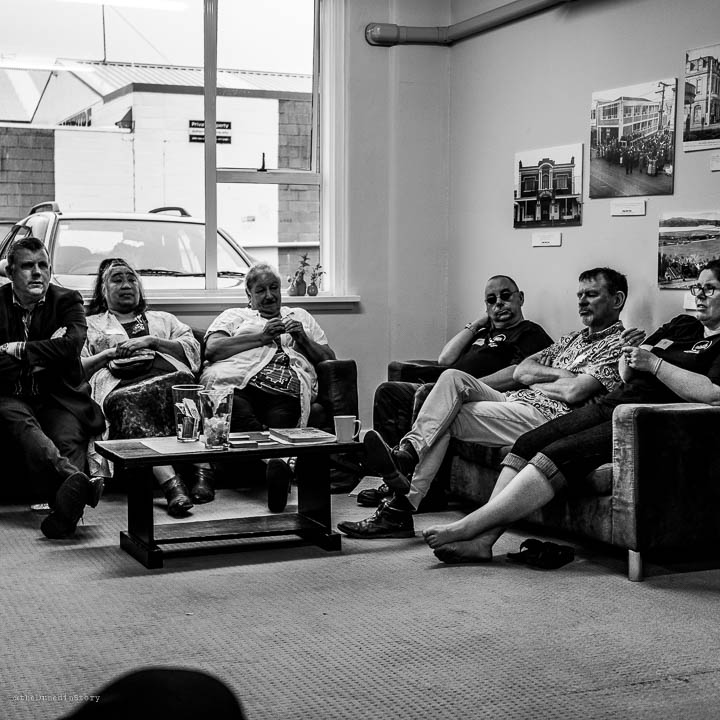Who we are
The South Dunedin Community Network connects people across the wider South Dunedin area to strengthen communities and help people use their voice to create a vibrant, resilient community and a safe future together. The Network creates opportunities for the community to come together and celebrate, participating in the organisation of the South Dunedin Street Festival, the Teddy Bears’ Hospital and smaller events throughout the community.
The Network works with a diverse range of people at a local, regional and national level and supports the community by providing a way for everyone to connect through membership and recruiting volunteers who form a network and help to connect the community. The network does all of this with a focus on community-led development.
Community-led development is when a community works together to build sustainable solutions to issues they face. The Network has been established around community-led development and is guided by five principles developed by Inspiring Communities:
- shared local visions or goals drive action and change
- use existing strengths and assets
- many people and groups working together
- building diverse and collaborative local leadership
- adaptable planning and action informed by outcomes
You can learn more at inspiringcommunities.org.nz

The birth of SDCN
A year after the 2015 flood event, the DCC organised a ‘plan and plate night’, with the goal of the South Dunedin community getting together to make a plan for their community. It was also an attempt by the Council to show up for the community after the distrust and resentment the flood had engendered for South Dunedinites, towards the Council. This event was repeated, and when the DCC created the place based community development fund, a small group of people at one of these gatherings volunteered to write a funding application to form a place based community development group for South Dunedin.
The ethos of the ‘organisation’ is that it is a network, rather than an organisation. It is not our task to carry out each of the priorities and hopes and dreams of the members of our community. It is our task to connect people and organisations with each other in order to build the capacity to make things happen; whether that is an idea one individual has for their life, or a group of citizens have for how they want their community to look.